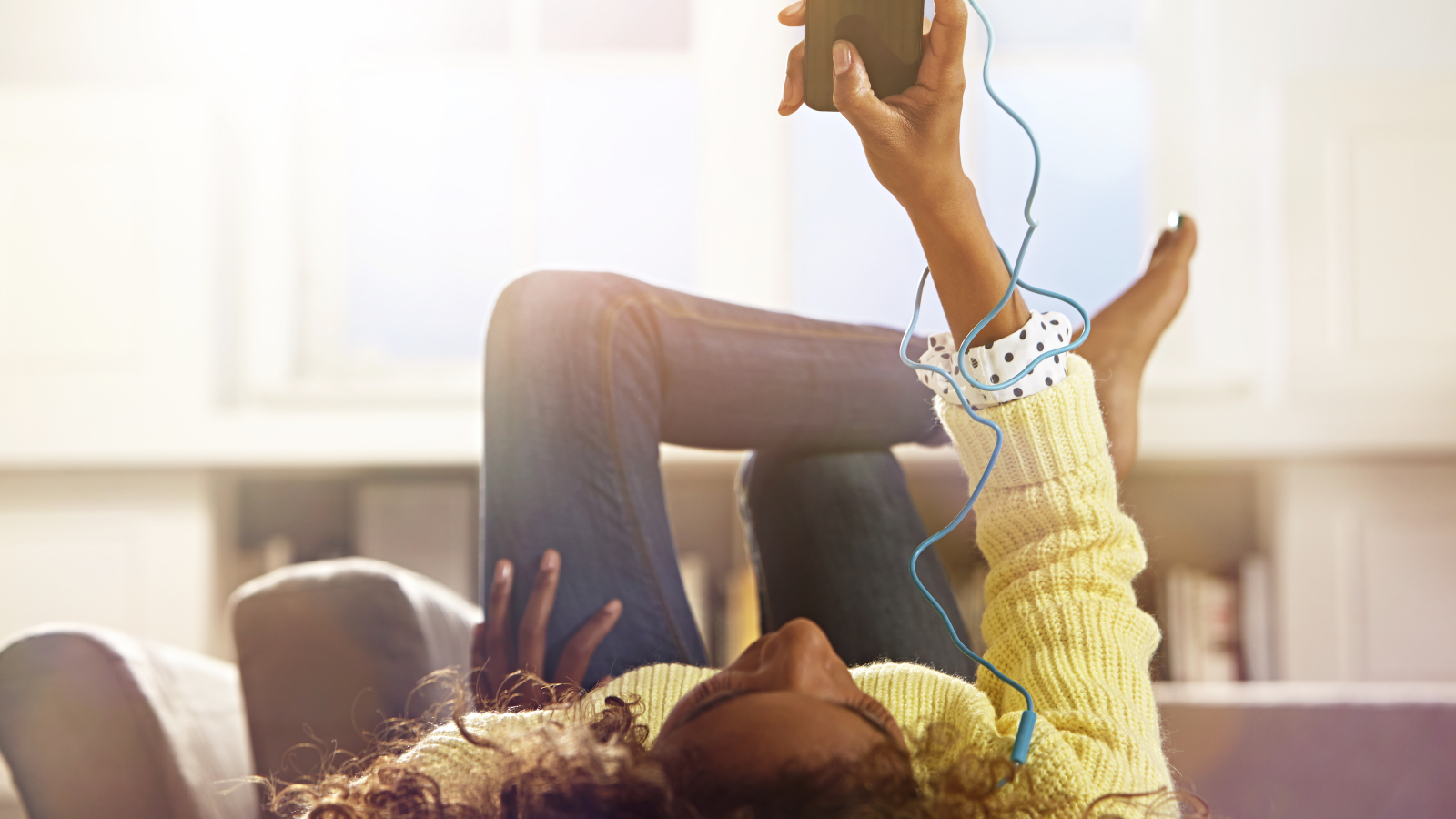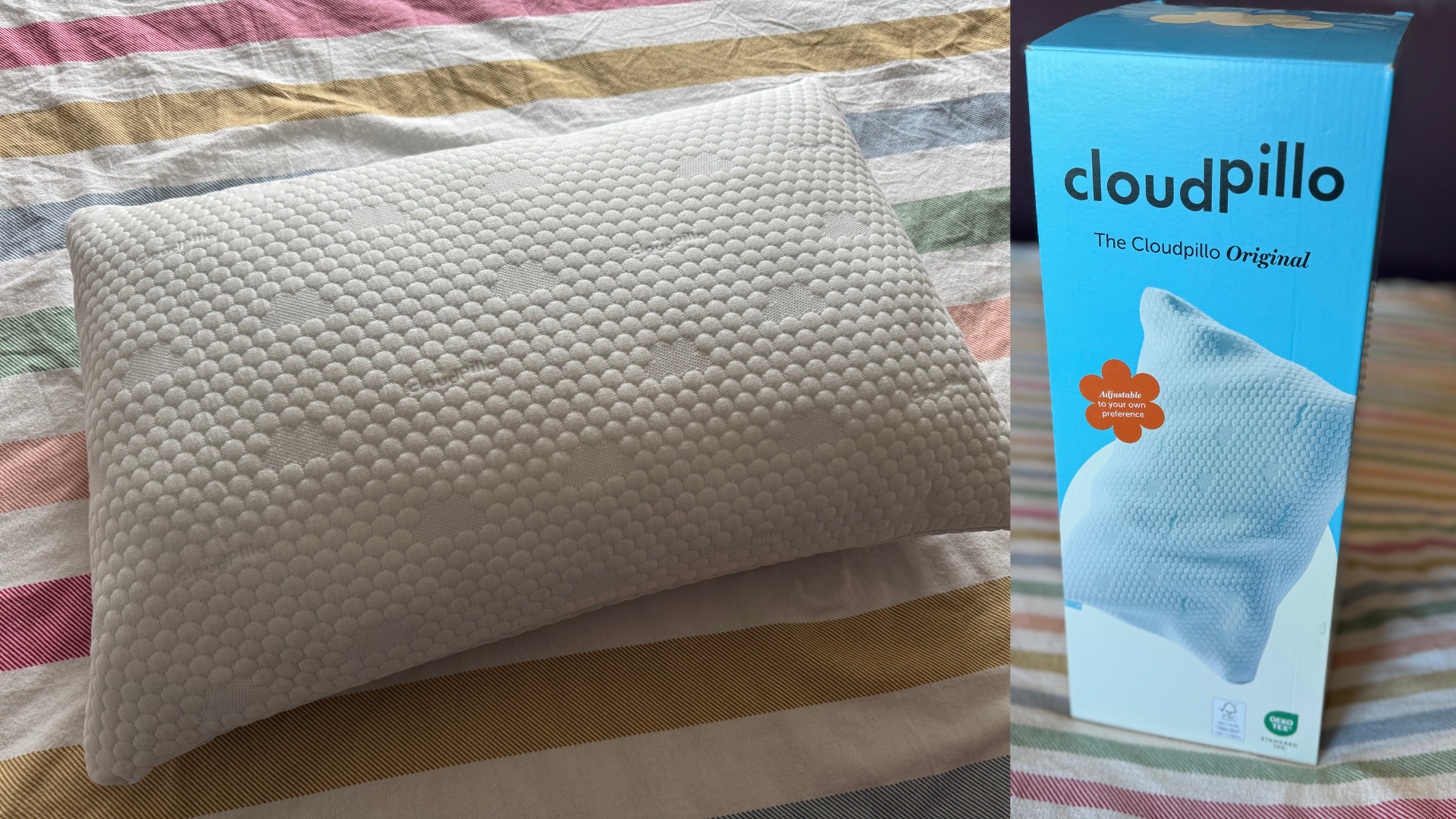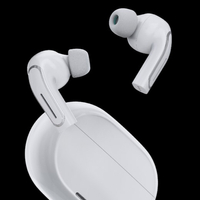7 ways to protect your hearing and prevent everyday damage
7 ways to protect your hearing and prevent everyday damage


The volume of modern-day life has risen considerably and keeps getting louder. It’s important to protect your hearing every single day to prevent future damage.
Surround-sound speakers, noisy washing machines, pinging mobiles; there’s no doubt that we’re subjected to a lot of noise every day. And that’s before we even step outside, where we have lawnmowers, car horns, planes, and trains to deal with. The World Health Organization reports that 1.5 billion people live with some level of hearing loss, and 430 million of those will require treatment for it - and those figures are increasing rapidly. By 2050 nearly 2.5 billion people are projected to have some degree of hearing loss and at least 700 will require hearing rehabilitation. Hearing loss isn't just a physical problem - hearing loss can also affect mental health significantly, partially due to its impact on personal communication.
But there are ways you can combat hearing loss in its early stages and protect your hearing from future damage. Recognizing the early stages of hearing loss, being mindful of noise levels, scheduling in audio rest days, and investing in some protection when exposed to loud noise can all make a big impact.
Olive Pro: 2-in-1 Hearing Aids & Bluetooth Earbuds
Currently available to pre-order, the Olive Pro hearing aids and Bluetooth earbuds are said to create brilliant speech understanding, automated background noise cancellation and crisp sound quality for better music listening.
How to protect your hearing every day
While hearing loss is common, especially as we get older, it doesn't have to be an inevitable part of aging. Learning to recognize the early signs of hearing loss and being mindful of how our daily lives impact our hearing can make all the difference when it comes to preserving your hearing.
1. Notice any changes when it comes to your hearing
The early signs of hearing loss can be hard to spot, with subtle changes like having to turn up the television and struggling to keep up with conversations going under the radar. But tuning in to small changes when it comes to your hearing is important in order to prevent further damage.
“We should all prioritize our hearing health as much as we do our dental health, vision health, and heart health,” Owen Song, CEO & Founder of Olive Union, told w&h. “Rather than wait to experience the early signs of hearing loss, it’s important to take proactive measures to protect yourself against hearing loss.
Sign up for the woman&home newsletter
Sign up to our free daily email for the latest royal and entertainment news, interesting opinion, expert advice on styling and beauty trends, and no-nonsense guides to the health and wellness questions you want answered.
2. Turn the volume down
“Some ways you can protect your hearing are listening to music at lower volumes, or take breaks while listening,” Owen told us. “Try lowering the volume of your TV and turning on closed captions to offload some of your hearing burden to your eyes, and train your brain to visually hear.” Creating some distance between yourself and loud sounds can also help significantly reduce their damage.
Another important consideration is to research headphones before buying them to ensure they aren’t too loud. Some headphones on the market can exceed 100dB - this is far too loud to be in close proximity to a human ear, and can damage your hearing significantly in a short space of time. A good guide is to not turn earbud volume up over 50% of the total volume - if you struggle to hear at this level, you may already have some damage.
3. Know your noise levels
Getting clued up about noise levels will help when it comes to selecting headphones and speakers, as well as knowing when noises can be potentially damaging and you may need to schedule an audio rest day.
This chart from Helping Me Hear helps to show how noises affect your hearing:
- 85-90 dB Yelling, lawnmower, highway traffic = aim for no more than 2 hours exposure
- 100 dB Motorcycle, gas-powered lawn tools, factory machinery = hearing damage occurs within 15 minutes of continuous noise
- >110 dB Explosions, gunshots, fireworks, close thunder, power tools = instant damage
4. Wear protection
“If you are around loud noises make a point to wear ear protection,” Owen notes as another important point. Earplugs can be a cheap and effective way to do this - and are also really handy if your partner is a snorer!
5. Plan for audio rest days
With some professions or personal circumstances, it’s impossible to avoid periods of loud noise, but by scheduling in ‘rest’ days, you can minimize the lasting damage. “When exposure to loud sounds is unavoidable, plan for a period of audio rest the following days to help your ears recalibrate and recuperate,” Owen advises.
6. Get regular check-ups
It's important to ensure you keep an eye on your hearing with regular check-ups. Online hearing tests - like the one offered by Olive - are a great way to determine if you need help or need to see a doctor for severe hearing loss help.
7. Invest in a high-tech hearing aid
Investing in a high-tech hearing aid in the early stages of hearing loss can help preserve your hearing for longer. These can help you while watching TV or listening to music. A hearing device like the Olive Pro Airbuds by Olive Union could benefit your nightly viewing or help you keep up with conversations in noisy environments.
Lauren is the former Deputy Digital Editor at woman&home and became a journalist mainly because she enjoys being nosy. With a background in features journalism, Lauren worked on the woman&home brand for four years before going freelance. Before woman&home Lauren worked across a variety of women's lifestyle titles, including GoodTo, Woman's Own, and Woman magazine.
-
 The Handmaid's Tale: Does June get Hannah back at the end of season 6?
The Handmaid's Tale: Does June get Hannah back at the end of season 6?It's been June's endgame from the very first moments of The Handmaid's Tale, but will she be reunited with her daughter Hannah at the end of season 6?
By Lucy Wigley
-
 My decades-long quest for the perfect pillow ends here, but forget what you think you know about memory foam
My decades-long quest for the perfect pillow ends here, but forget what you think you know about memory foamPacked full of tiny pieces of shredded memory foam with a dual-sided cover to keep you cool, this is the next best thing to sleeping on a cloud
By Heidi Scrimgeour

